This article is an opinion piece and does not necessarily reflect the views of the Daily Dot.
Yesterday was a pretty big day for esports—We have our first “union.” News broke yesterday that 10 of the top esports team organizations have banded together and issued a declaration to major tournament organizers, outlining minimum standards and obligations for events in which these teams are willing to participate.
This is massive news for the industry, as it signals a shift in the way structural decisions will be made—Namely, they will demand active team engagement. Teams were certainly involved in the past, or, at the very least, were generally kept in the loop. But this type of group wouldn’t have been necessary if major esports organizations felt adequately involved in the formation of the competitive ecosystem. Negotiating as a single unit offers the type of bargaining leverage that no single team can have on its own. Make no mistake, this move will have a profound impact on esports. Perhaps more importantly, it is a sign of things to come.
I need to make one thing clear: This is not a union.
When I read the news, my first reaction was “Finally.” This has been a long time coming, and bodes well for the future of the industry. Then I went on Reddit. Much to my surprise, the overwhelming reaction to this news has been negative. People are disappointed this wasn’t the players’ union fans call for on a seemingly daily basis. It’s being perceived as a power grab from greedy organization owners.
This public sentiment is missing the bigger picture. I’m genuinely encouraged by this move, think it will have a net positive impact on the scene, and believe it will blaze a trail for players to build the same type of representative body.
This is not a union
Before I can dive into some of the pros and cons of this news, I need to make one thing clear: This is not a union.
Unions are formalized legal bodies which are subject to extensive regulation and empowered with certain economic rights and weapons (strikes, lockouts, etc.). I wrote a white paper about collective bargaining in esports about a year ago for those who want to explore the subject in more detail. The long and short is this: you don’t need to collectively bargain (a legal term of art) to bargain collectively. These 10 teams have united to lobby and act in their common interests. They will undoubtedly have more influence as a result. But that doesn’t make this a union.
Impact on the ecosystem
This type of body is in a unique position to help address many of the endemic problems that plague esports and hinder mainstream immersion.
In fact, the team’s email already addresses some key problems. For example, a natural consequence of raising the bar is that some events will be fall by the wayside. It’s inevitable. But that isn’t a bad thing.
It’s time to dispel one of the oldest myths in esports: Teams and their owners are not inherently evil.
Tournament oversaturation is a huge issue. I live and breathe this industry, and even I can’t keep up with the scheduling sometimes. As the spotlight continues to shine on esports, they need to become easier to follow. What are the big events? When are they? Are they appropriately spaced out to allow for the development of interesting storylines, new strats, and unpredictable outcomes?
The decisions tournament organizers make impact the livelihoods of teams, players, and the overall health of the industry. For the most part, I think they do an incredible job. But let’s not forget that these organizers are business competitors. They have their own interests, and their interests aren’t always the same as those of the teams, players, or industry as a whole. That’s how we wind up with conflicting tournament schedules.
In League of Legends, Riot sets the standard. For Counter-Strike, Dota 2, and so many other games, the publisher is far less involved. This leaves a vacuum, with no centralized body empowered to make decisions that impact organizers, teams, and players alike.
In the current environment, the organizers typically make those decisions in isolation, sometimes incorporating feedback from teams and players and sometimes not. Who can blame them? It’s their business and in certain ways they do know it best.
It’s also perfectly reasonable for the teams to want a stronger voice in this process. That’s what yesterday’s announcement was about. The players need to have a similar voice too, of course. That hasn’t come yet for every esport (Dota 2 is notable exception). But there is no doubt in my mind that it will.
This is about leveling up the industry as a whole. This is about esports reaching its full potential.
Imagine a master calendar for each separate game. Imagine bigger and better events, with weekends to breathe in between. Imagine more hype, and less monotony. This is what I envision when I read the minimum standards set out in the email from the team owners. And this is just the tip of the iceberg.
We still live in a world where Gaming Paradise can happen; where the entire Dota 2 scene revolves around The International; where tournament rules, conduct expectations, and pretty much everything else varies wildly from one weekend to the next. A player can get banned from an ESL event under their anti-doping policy, and go compete in a major the next week.
I don’t think every tournament should be the same. Far from it. But there is real value to setting minimum expectations for the way in which the competitive ecosystem is run, and the teams need a secure place at the discussion table.
The role of esports orgs
It’s time to dispel one of the oldest myths in esports: teams (and their owners) are not inherently evil. I am not defending all teams, or every action they have ever taken. Over the past couple years, I have seen and worked on many of the darkest moments in esports, some of which have involved significant wrongdoing by an organization. But these examples have become the exception, not the norm. The current crop of owners, by in large, understand the critical value of their players, treat them well, and compensate them fairly.
If the players come together to discuss key issues and elect representatives to act on their behalf, they too will get a seat at the table.
Let’s take a look at the specific demands from the email. The teams want travel costs, prize money minimums, and more consistent standards across the board. This is not some unjustified power grab. In fact, many of these benefits will trickle down to the players.
I can also speak from personal experience. In my private practice, I’ve had the opportunity to work with a wide array of people in the industry. When I negotiated on behalf of players, owners were usually amicable and open to making contracts more balanced. As I’ve begun working with more and more owners, I’ve found that, despite knowing players are unlikely to seek representation or push back, owners want to develop contracts that are fair to their players.
The organization of teams is not inherently against player interests. This is about leveling up the industry as a whole. This is about esports reaching its full potential. This is about making sure there are still jobs for owners, managers, casters, and players twenty years from now.
What about the players?
They can and should follow suit. The teams are laying down a model for how players can gain a meaningful voice in critical discussions. Organize. Discuss. Unite.
This is the interim step to full blown unionization, which might happen down the road (I’m not sure it’s necessary right now, but that’s an entirely separate conversation). Everyone in the industry knows that the players are the most essential element of our success. If the players come together to discuss key issues and elect representatives to act on their behalf, they too will get a seat at the table.
Should the players have a say in the amount of prize money they want at stake for it to be worthwhile to compete in an event, what type of promotional requirements are set forth, and everything else? Of course they should. But it’s not surprising that the orgs didn’t necessarily involve the players in the formation of this body (though I’m sure some did).
Team and player interests are aligned on some issues, but certainly not on everything. Players need their own voice, not one that is filtered through a body formulated and managed by the team owners. From my behind the scenes conversations, it’s clear that many of the orgs intend to use their increased leverage to advocate on behalf of players. That’s fantastic. But, to have a truly functional system, the players need to advocate for themselves.
Possible pitfalls
Whenever a group like this is formed, there is always the potential for people or organizations to be excluded. Some of these teams have long histories with one another, and they don’t all get along. But for a body like this to function, it’s important for all perspectives to be represented. Obviously there has to be a cut off somewhere. But the esports ecosystem would not benefit if this group refuses to include orgs that are different—size, game, and geographic diversity come to mind. I’m not saying I think this type of exclusion will happen. It’s just one concern I think we should be aware of moving forward.
The unification of teams also creates the potential for other actions that might not benefit players. One of the largest concerns I’ve seen surrounds team collusion to keep player salaries low. Setting aside the legal implications of that type of action (not currently permitted in the U.S.), I just don’t think this is a likely scenario. There is so much money pouring into the scene right now that the top organizations are facing new challenges in holding onto their star players.
Perhaps more to the point, the organization of the players would act as a direct counterbalance to unity among the teams or tournament organizers on any issue. The problem isn’t solved by keeping teams apart. We need to create a system where everyone has a strong, united voice that advocates for their separate interests.
Conclusion
Over the past two years, I’ve written and thought a lot about how esports can create the type of infrastructure needed to realize its massive potential. The fact that teams are working together in a formalized manner will not accomplish this goal in and of itself. We still need the players and even the organizers to follow suit. But this is a step in the right direction. It’s not perfect, and there are risks involved. But I’m happy today finally came.
This is a start.
We have a lot of work left to do.
Photo by Helena Kristiansson via ESL/Flickr



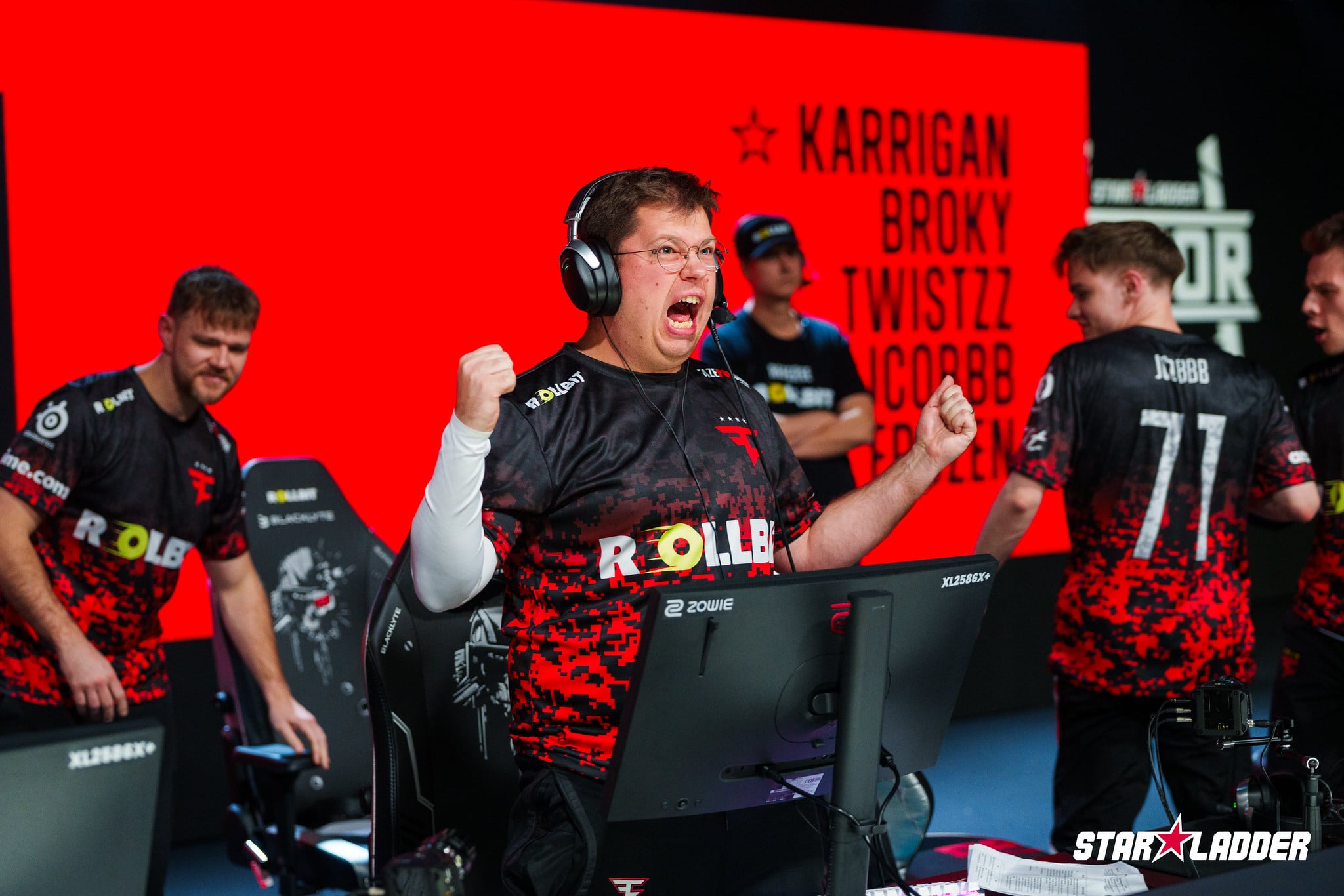
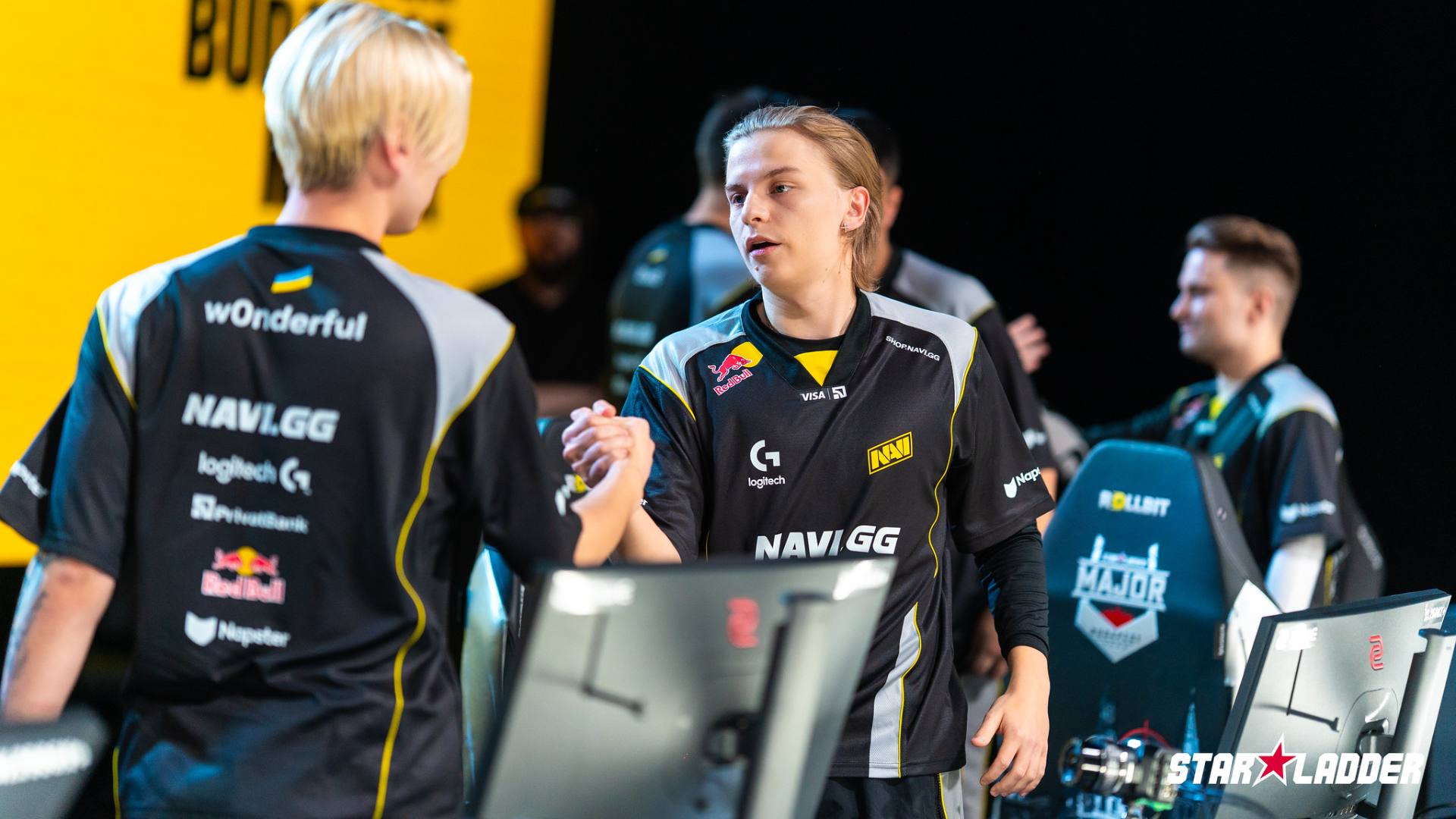
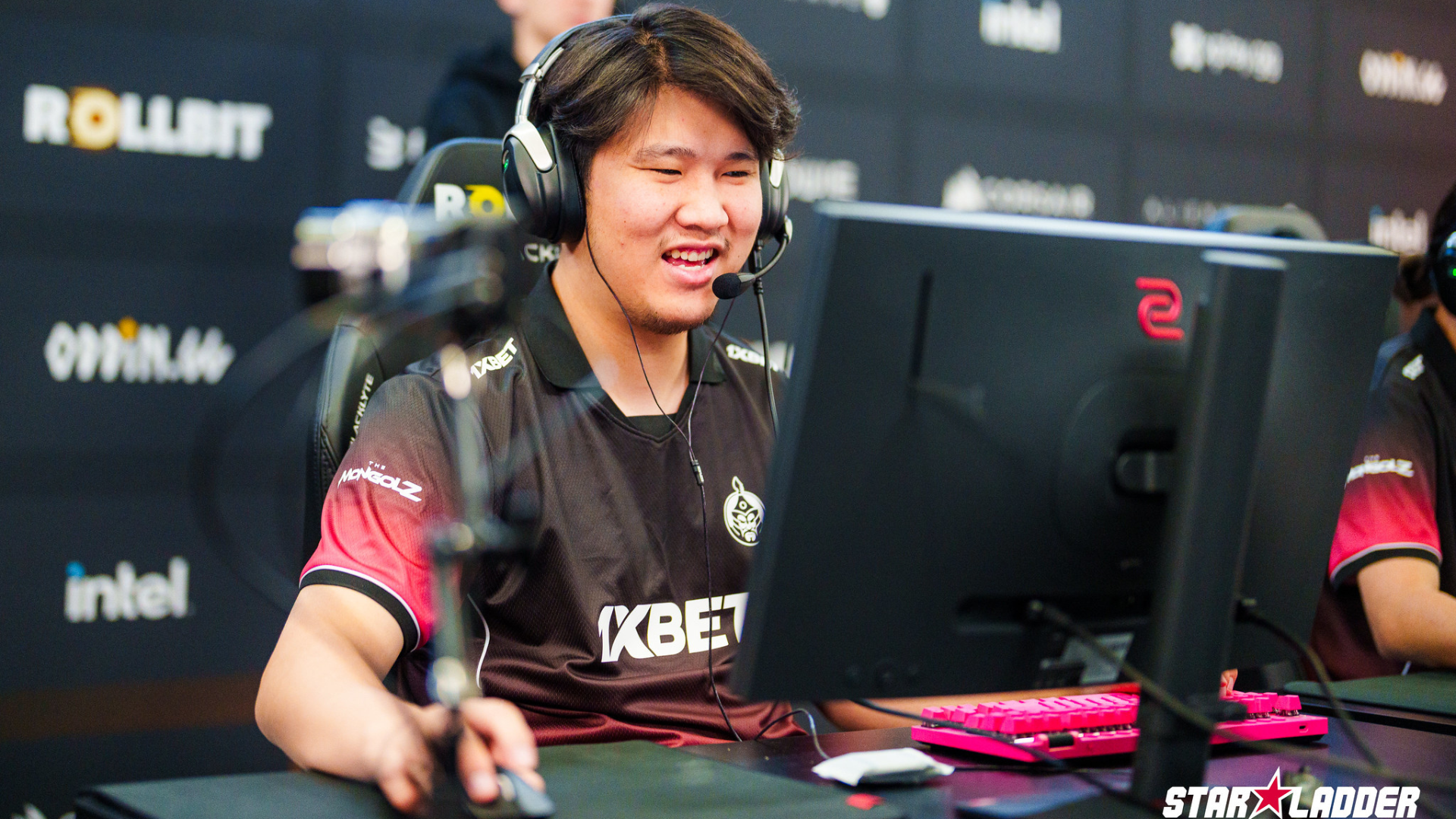
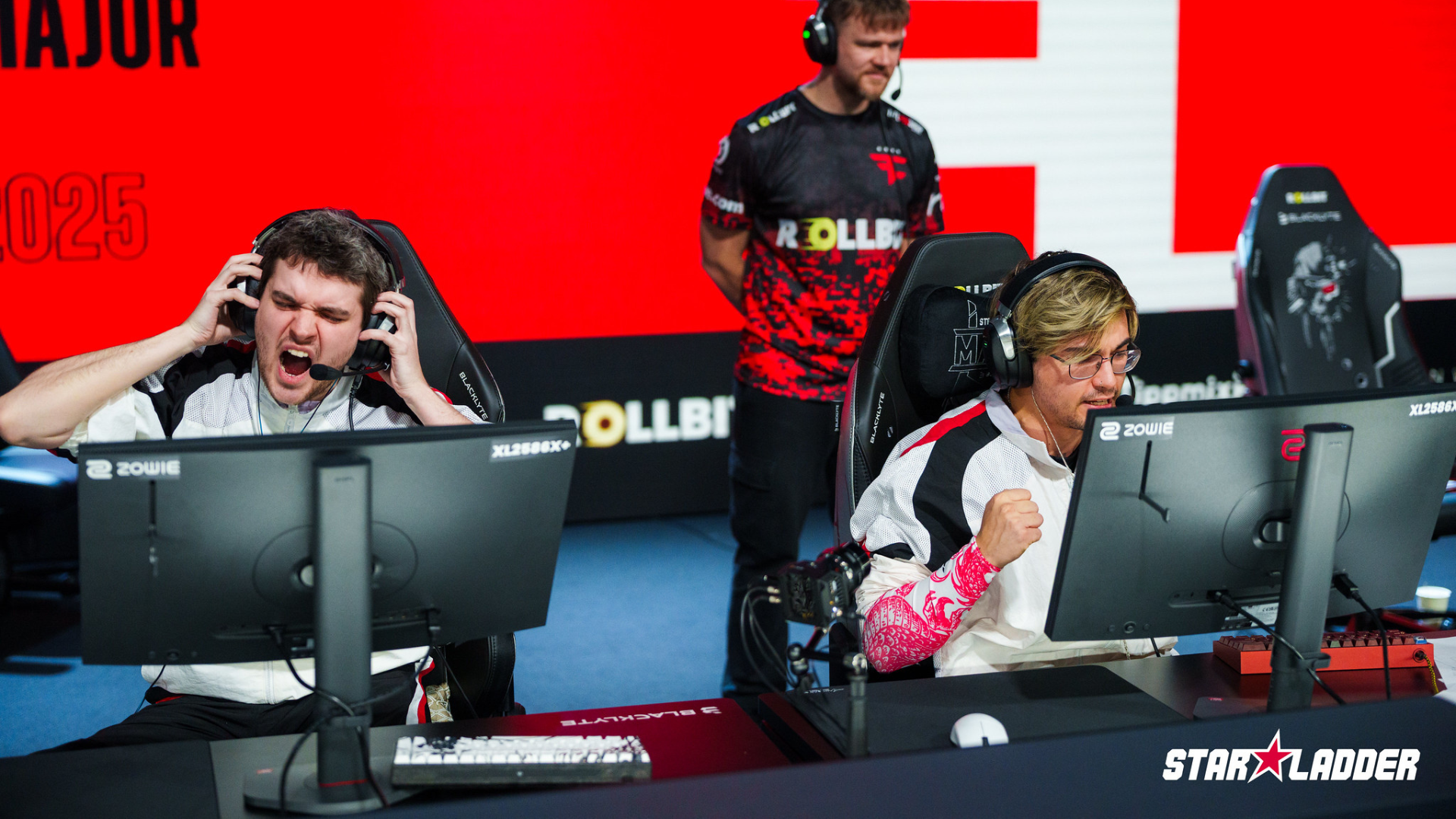
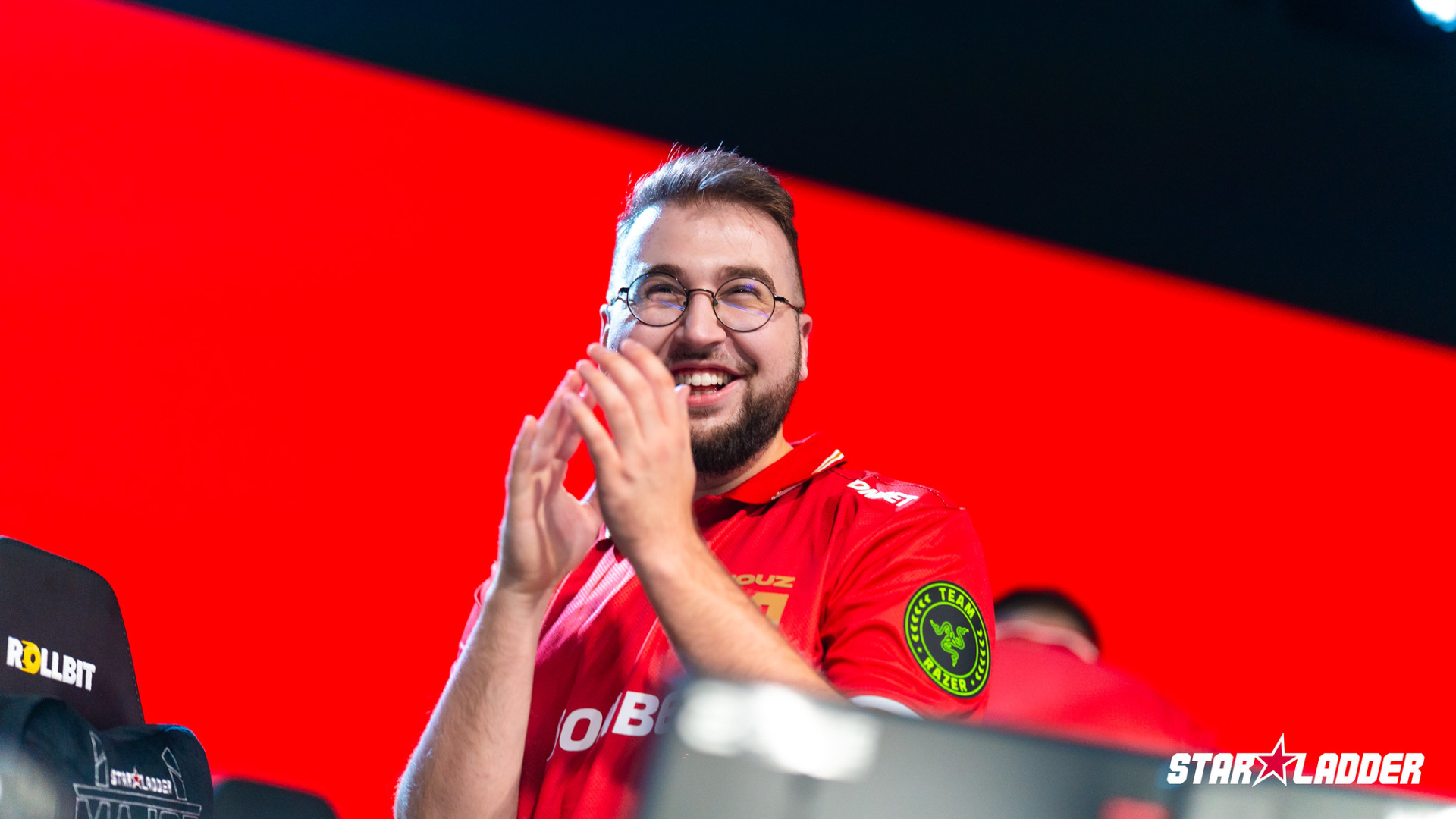
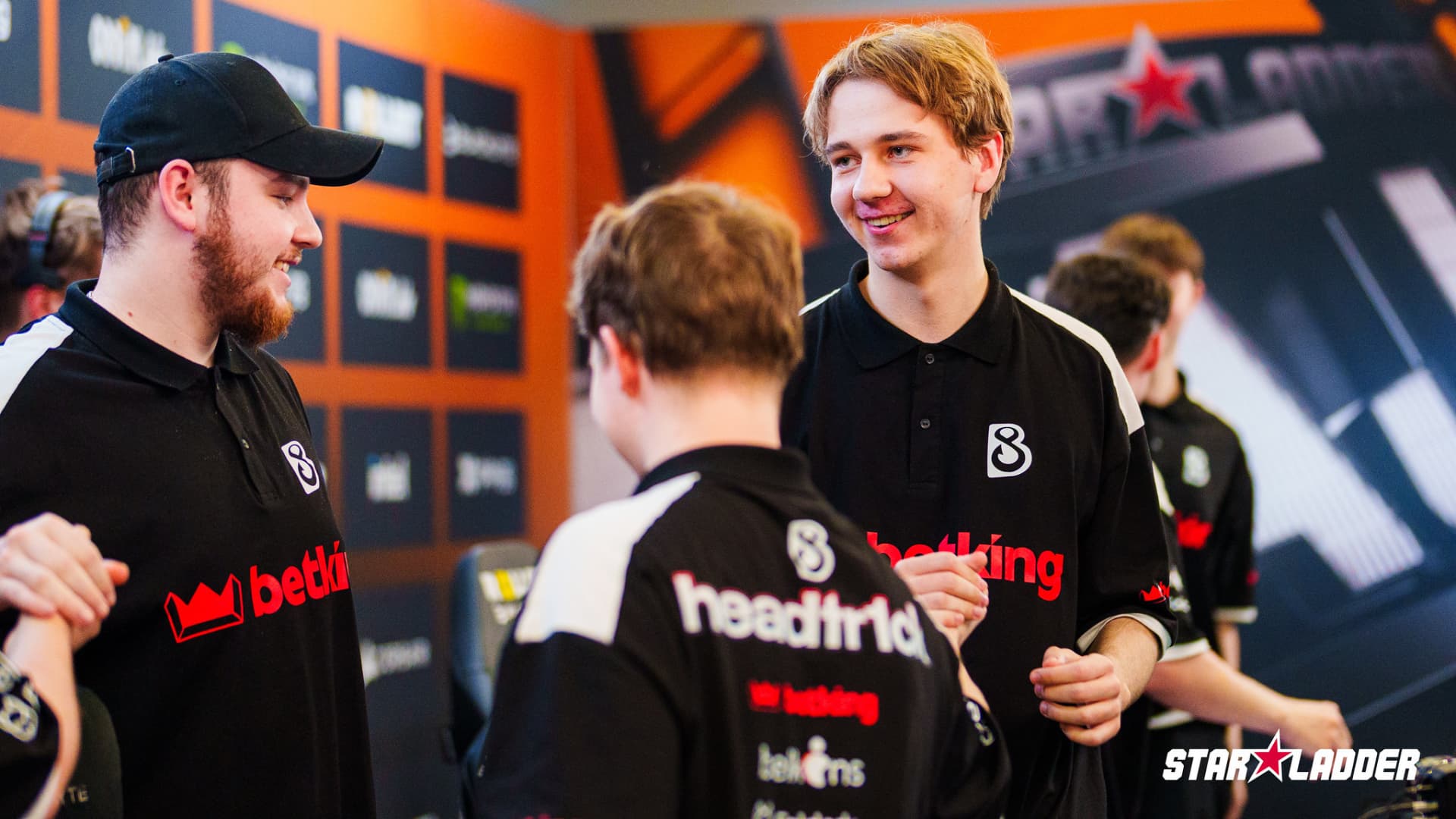
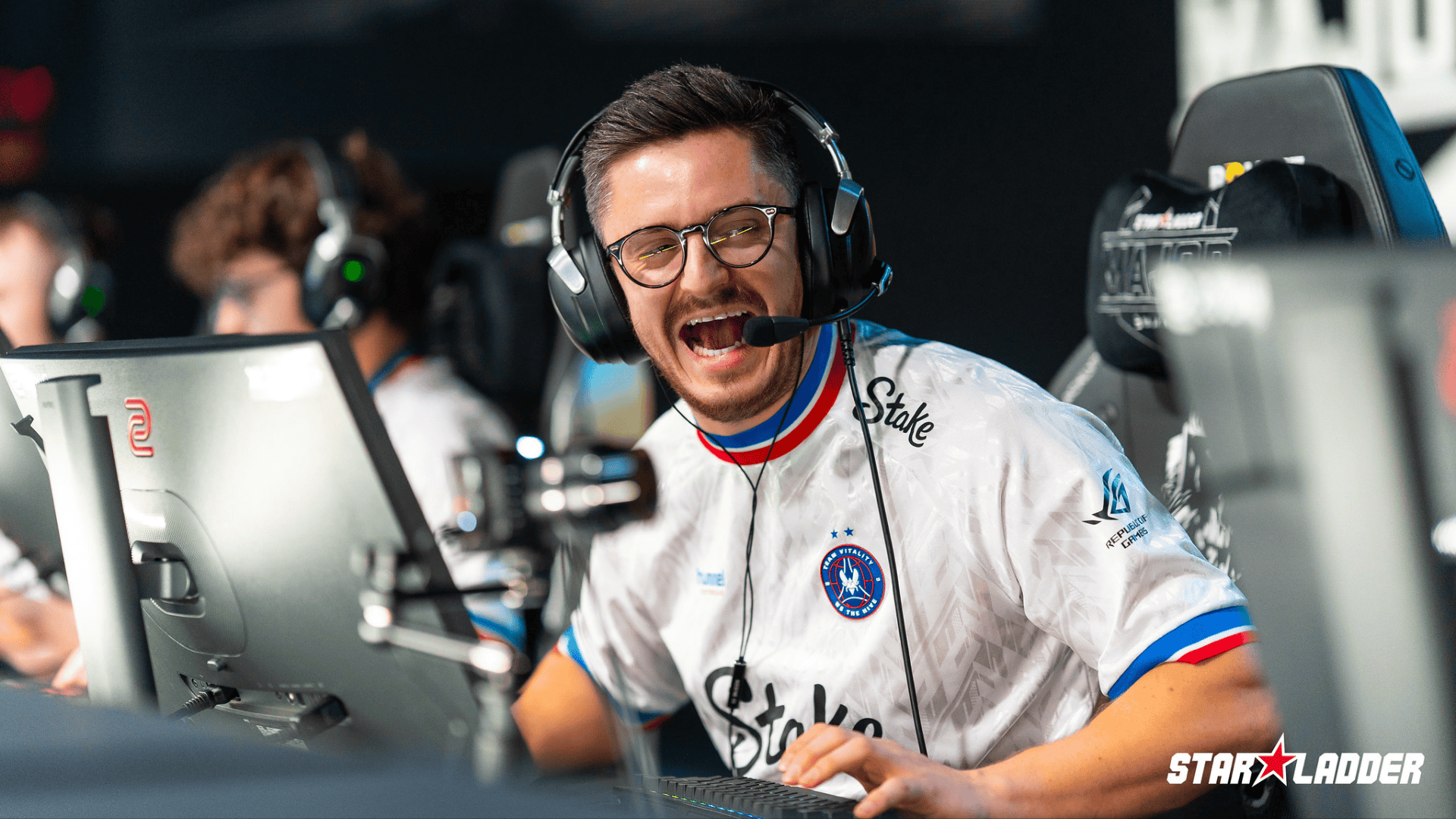
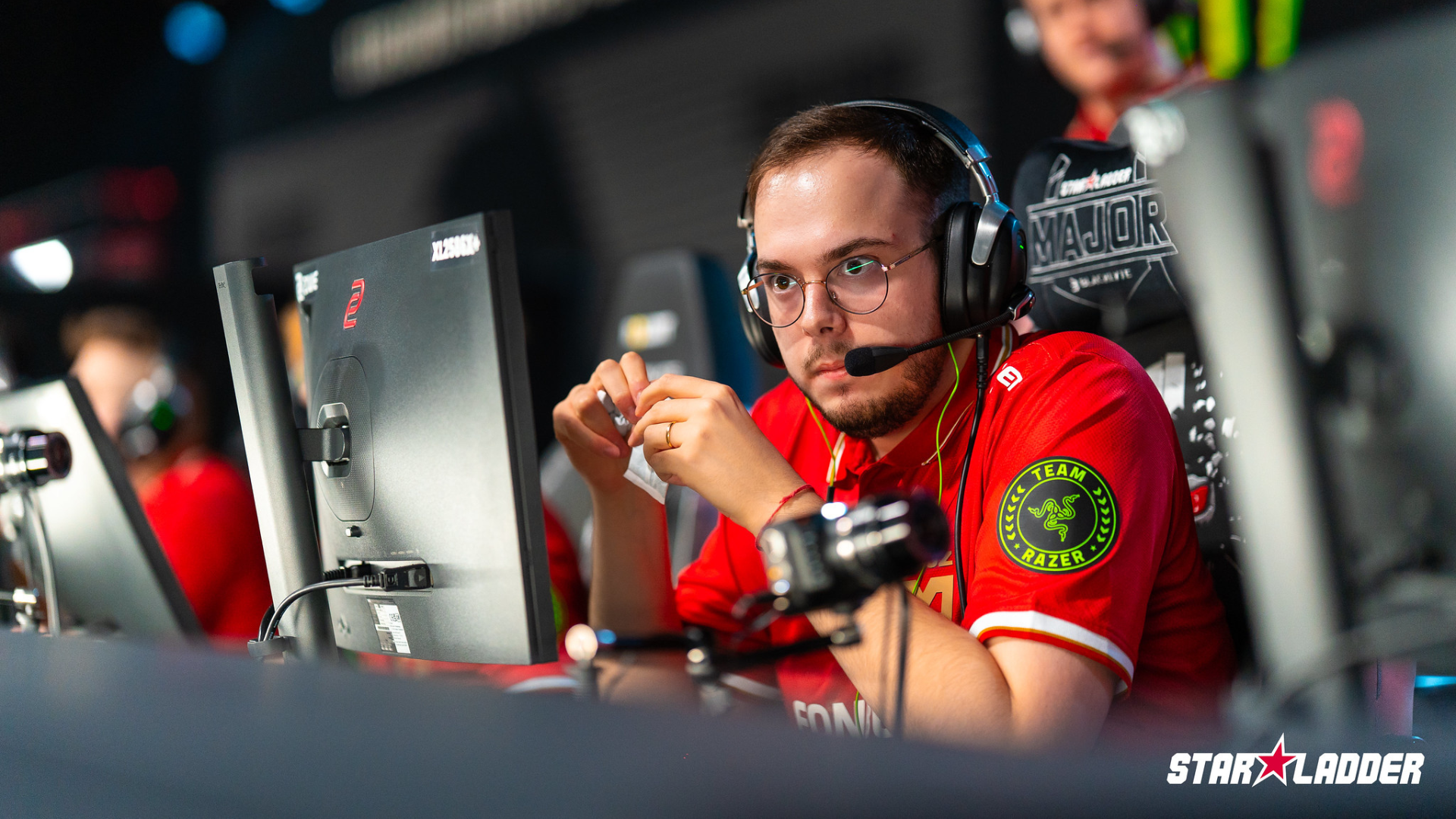
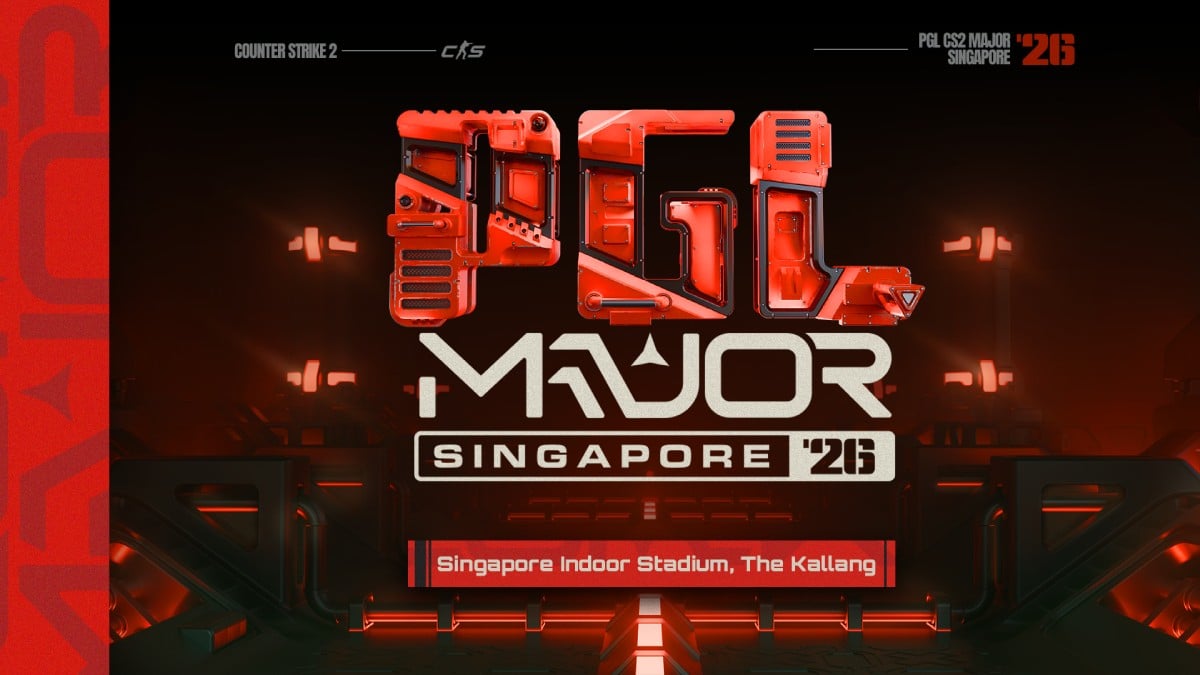
Published: Oct 4, 2015 12:54 pm